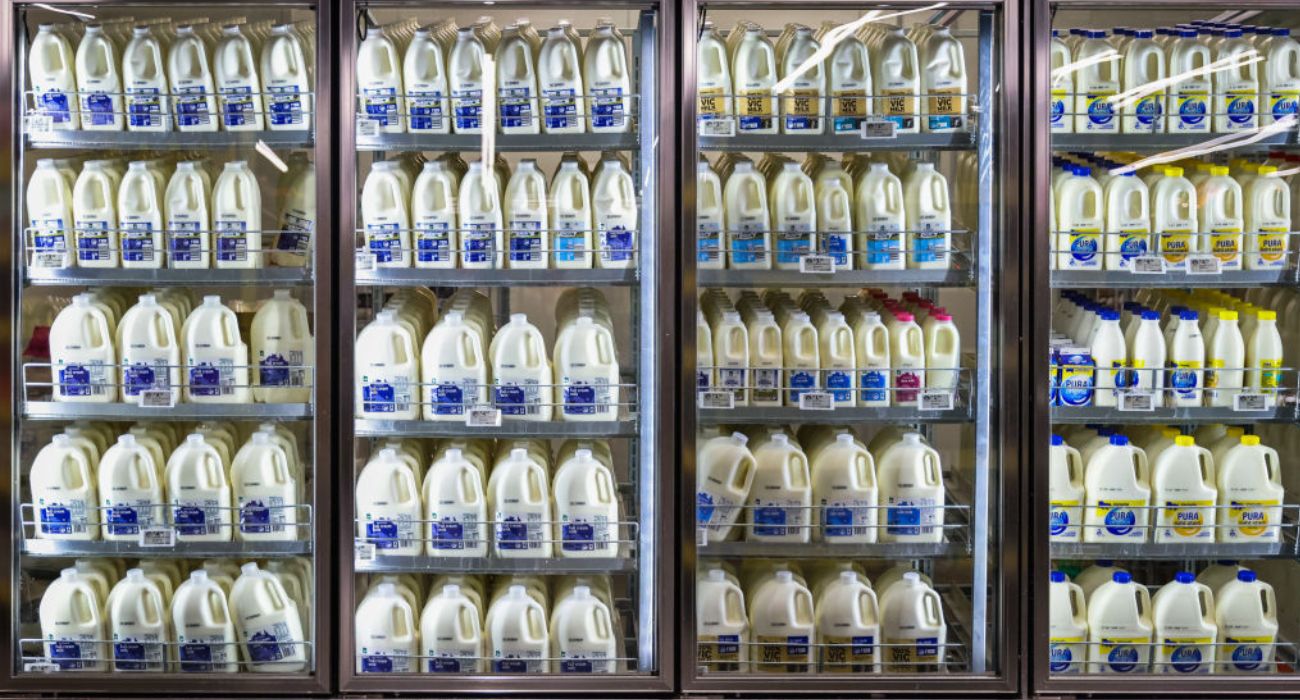A new study that analyzed adults in their 20s and 30s pointed to a concerning link between alcohol consumption and the risk of stroke.
The study, published earlier this month in Neurology, looked at 1.5 million individuals that are part of South Korea’s national health database. Subjects were asked about their alcohol consumption over six years to determine any correlation with incidents of stroke among young adults.
Those consuming 105 grams or more of alcohol per week were considered moderate or heavy drinkers.
This works out to roughly 15 grams of alcohol, or just over one drink, per day.
Roughly 3,150 people out of the pool of 1.5 million participants experienced a stroke during the six-year study. Researchers discovered that alcohol consumption raised the risk of hemorrhagic strokes. These occur when a blood vessel causes bleeding in the brain.
Dr. Shazam Hussain, director of the Cerebrovascular Center at Cleveland Clinic, believes the findings from South Korea could be valuable for helping prevent strokes. “We’re always looking for why strokes are happening in this younger age range. This could be a factor that could be useful,” Hussain said.
The number of years of alcohol consumption also played a role in elevating stroke risk, according to the study. Participants with two years of drinking faced a 19% higher chance of stroke. The risk climbed to 22% after three years and 23% after four years.
The recently published findings are unique because of the focus on a younger demographic. While alcohol has been known to raise the risk of stroke in elderly adults, the latest data reveals that the danger is also present at a younger age.
“Stroke in young adults severely impacts both the individual and society by limiting their activities during their most productive years… If we could prevent stroke in young adults by reducing alcohol consumption, that could potentially have a substantial impact on the health of individuals and the overall burden of stroke on society,” according to the study author Dr. Eue-Keun Choi, professor at the Seoul National University College of Medicine.
In 2020, 2.1 gallons of alcohol were consumed per capita in South Korea by people aged 15 or higher. This represents a dramatic reduction from the peak of 16.8 liters the country drank in 1973.
For comparison, Americans drank 2.5 gallons of alcohol per capita in 2020. However, health experts caution against drawing broad conclusions since previous research concluded that Asian Americans are more susceptible to certain types of strokes than white Americans.
“Trying to compare these very distinct populations to one another can be difficult to generalize globally, or even generalize to the typical American,” according to the director of vascular neurology at New York University Langone Hospital–Brooklyn, Dr. Brandon Giglio.
While potentially informative, the study was limited. The participants self-reported alcohol consumption and may not have been honest or accurate. Moreover, while attempting to control for other factors, like smoking, the research could not account for “all of the lifestyle things that may go along with someone engaging in this type of drinking compared to someone who isn’t,” said Giglio.
While the probability of stroke may climb as alcohol consumption rises, it is not the only risk of drinking. Last week, a study published in JAMA Network Open concluded that over one in five deaths in the United States among individuals aged 20 to 49 resulted from overconsuming alcohol.







After the C-19 shots this may be true. Everyone is beginning to realize the TRUTH.
There are hundreds of Doctors and Patients in France that are getting ready to set the record straight. Thousands more worldwide are beginning to open their eyes.